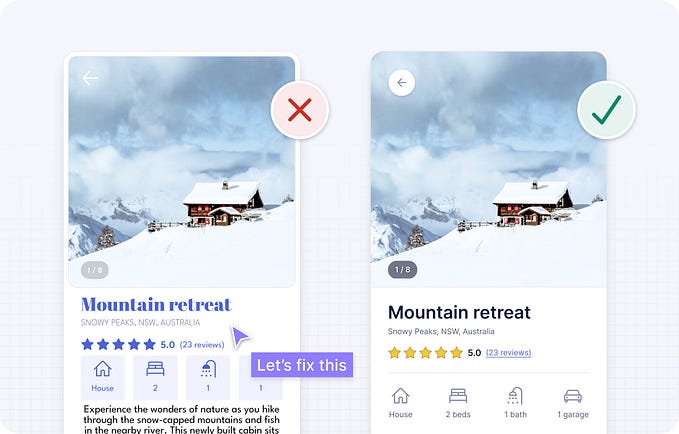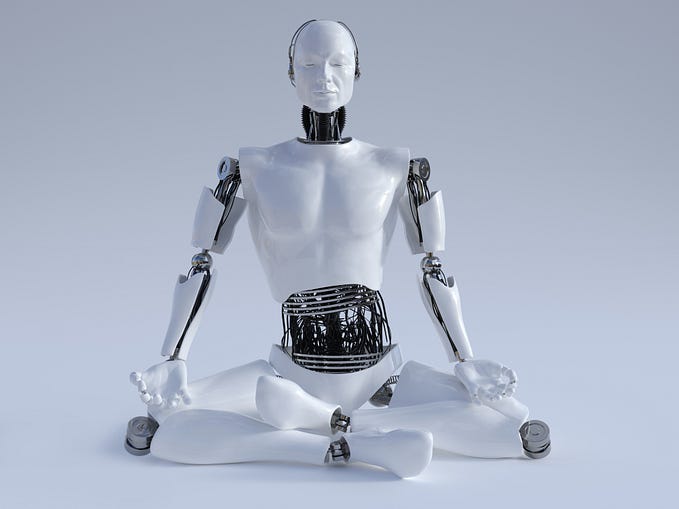Releasing the objectivity of online reviews

From restaurants to shoes, insurance providers to diapers, we often consult the vast oracle of the Internet to find out what others think of our intended purchase. But should we trust this source above all others? By examining how we leave our own reviews we can see just how subjective they really are.
Firstly, we are social animals — we like to do the same as other people. It makes us feel safe. We also like to know what other people’s experiences of certain things were. This makes online reviews very attractive to us. So when we hail an Uber and the driver’s rating pops up as a 4.6, we feel good about ourselves, and the service we are going to receive.
Once we step in the cab, it’s nice to see how pleasant and chatty our driver is. It’s such an improvement on the service we used to expect from a taxi. Yet, in the back of our minds, we are aware that the driver is being friendly for a secondary reason. Namely, if a driver falls below this 4.6 for too long, they risk being “deactivated” (Uber’s term, not mine). This means, for a driver to keep his job, practically every ride needs to be great!
“…we all have that one friend who didn’t get the Uber memo and rates drivers on their conversation, body odor, music choice etc. rather than their driving.”
Most users have come to understand how this system works. And for the sake of our driver we wouldn’t give less than a Five unless something was really wrong. However, we all have that one friend who didn’t get the Uber memo and rates drivers on their conversation, body odor, music choice etc. rather than their driving. They give out Fours as standard. Why? Because the ride was “nothing special, just a ride”. We might berate them for not playing the game right, but just which one of us is using the review and rating code correctly?
Truthfully, there is no right and wrong. The subjectivity of a review is the quality that is meant to make it valuable. Real customer opinions help future customers make informed decisions. However, one person’s subjectivity is another person’s prejudice.
This issue of subjectivity can be seen in all sorts of reviews. There are also diners who will leave a poor review of their restaurant based on the attractiveness of their waitress. Likewise, if you scroll down and read the product reviews on Amazon, you’re sure to find a couple of one-stars solely based on the delivery driver who brought the package. Some non-buyers even spend time rating products down for being “Made in China”, even though the country of origin is clearly marked in the description. In short, many people are terrible reviewers. They rate people instead of services, and a product’s appearance instead of its performance. A subjective review means one person’s uncomfortable silence is another’s peace and quiet. Even an over-cooked steak is too rare for some.
But many businesses large and small are currently rolling out more empirical review systems with us hardly noticing. Have you ever found a business card with your restaurant bill showing a Tripadvisor rating key? Five stars, “We had a great time and will definitely come back” — 4 stars “Not that great — but okay.” These are growing in popularity around the world, and are a good way of educating customers. Likewise, some brands such as Airbnb ask travelers to rate individual aspects of their stay such as cleanliness and location, rather than their whole experience. That way, when a property gets a Three, a future user can decide if the lack of TV/Parking/free condiments is a really a deal breaker.
“If we judge similar products or services by the same criteria, we can compare apples to apples instead of apples to oranges.”
By its very nature, a review is subjective. But while many brand managers are fretting over the ‘subjective’ experience of a user, the magic word here is actually variables. If we can bring a more empirical and scientific approach to the production of reviews, we might be able to produce a fairer result. If we judge similar products or services by the same criteria, we can compare apples to apples instead of apples to oranges.









